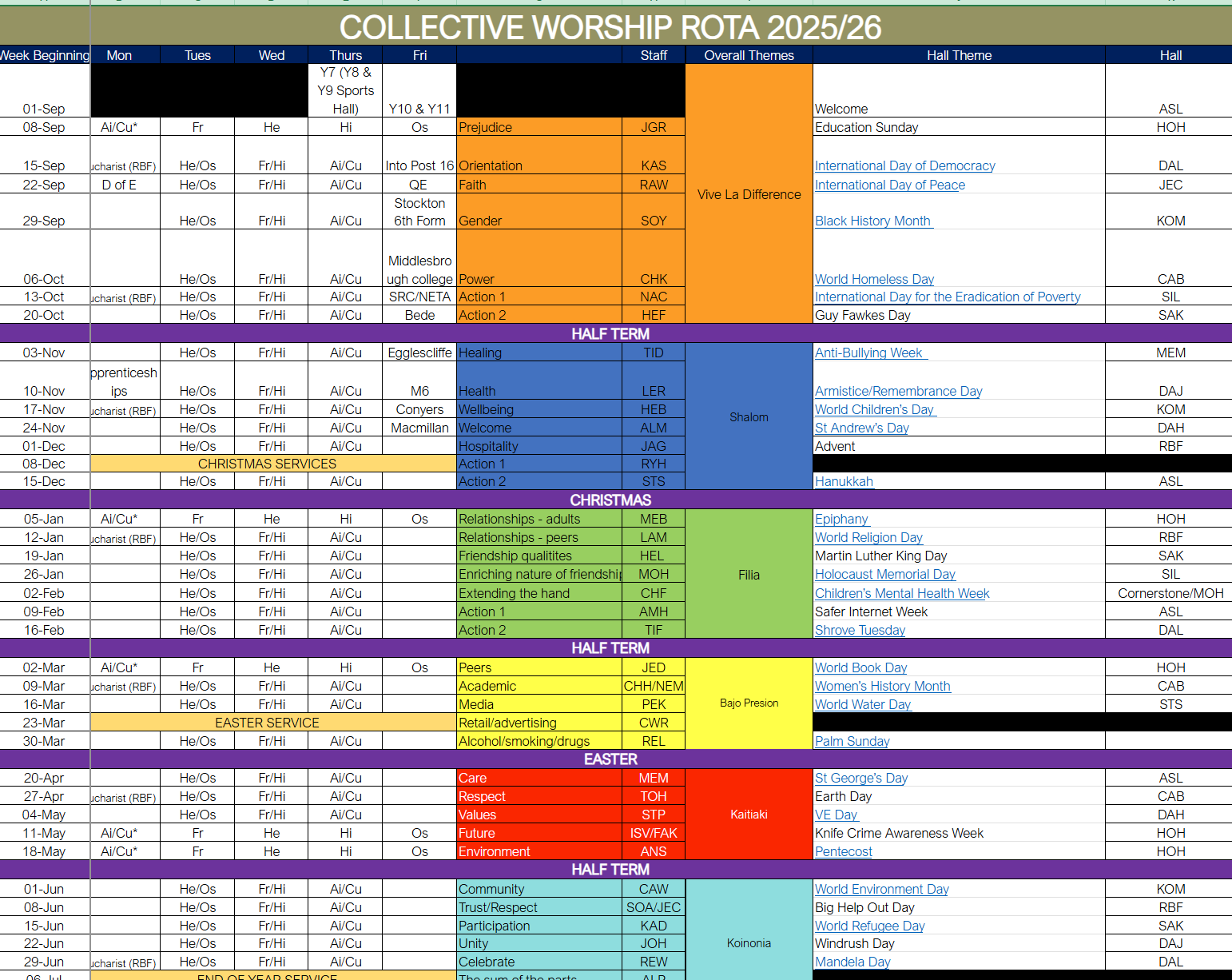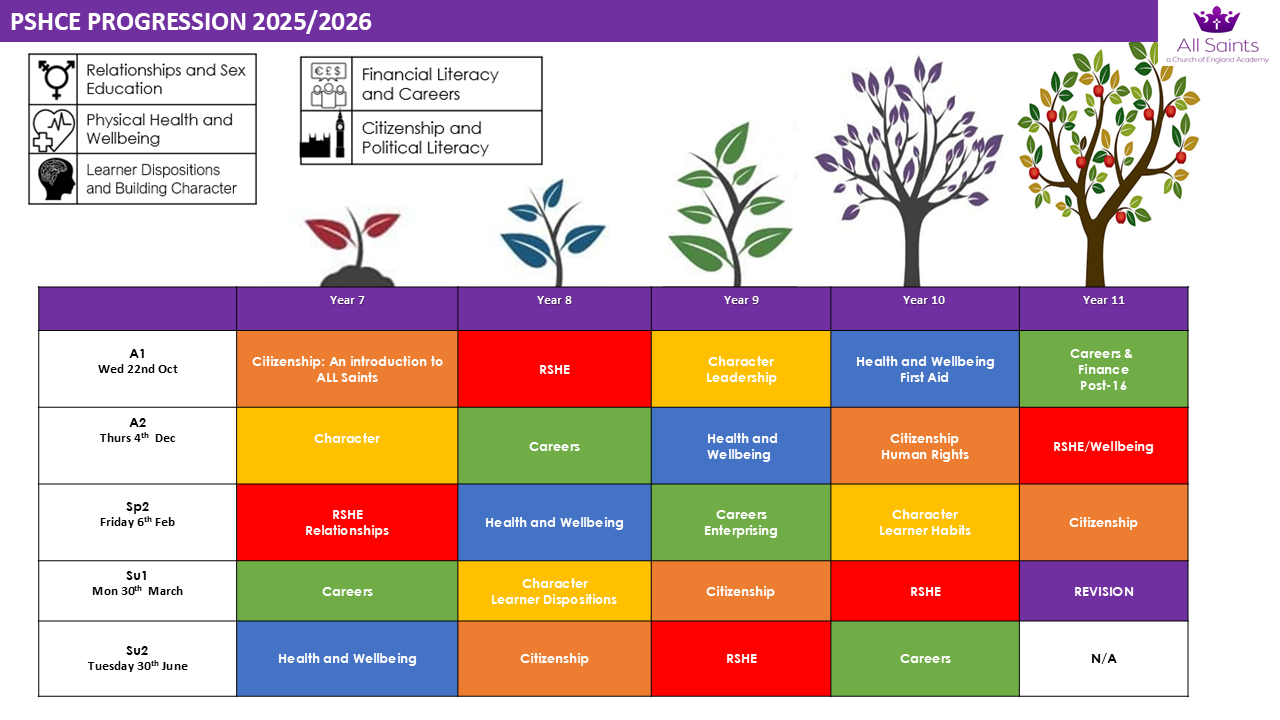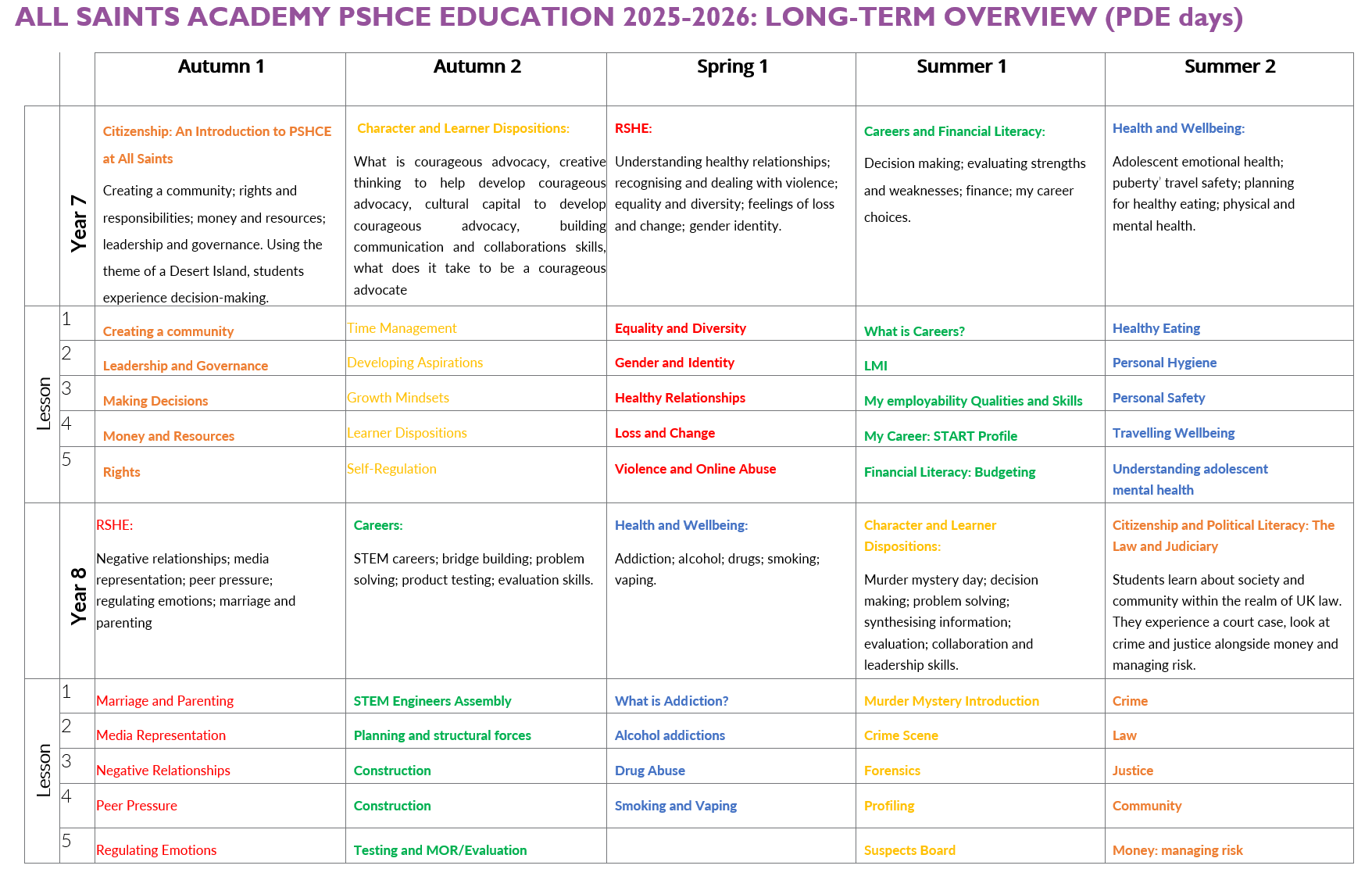- Home
- Personal Development
- Personal Development
Personal Development
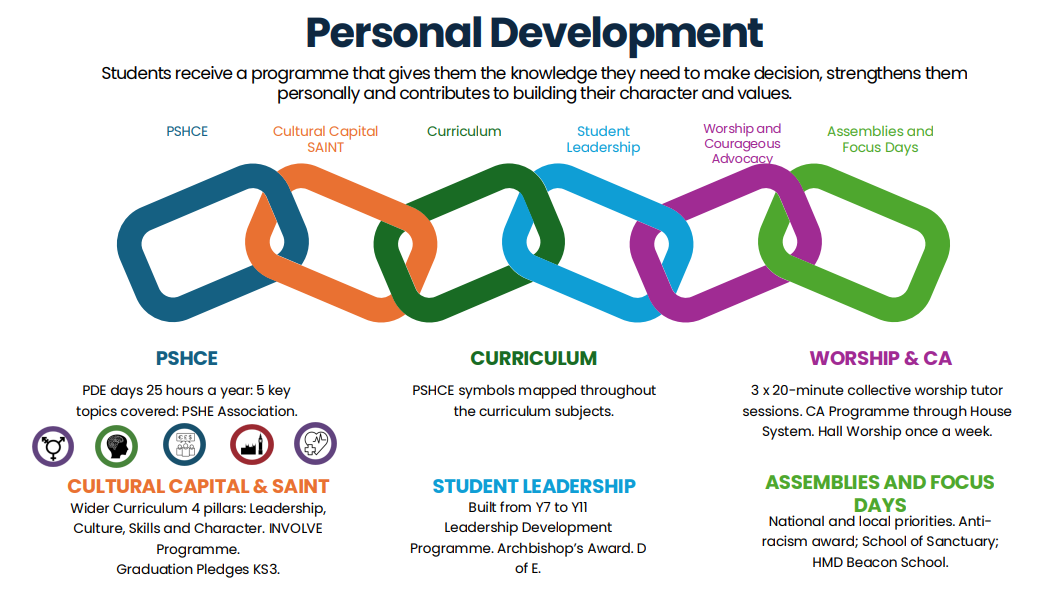 Our Vision for PSHCE at All Saints Academy
Our Vision for PSHCE at All Saints Academy
At All Saints Academy students develop a passion for learning and work hard to develop as aspirational, collaborative, creative, independent, reflective and resilient learners. We are committed to demonstrating the love that God has for each person and we believe firmly that ‘Every Child Matters to God’. We value the uniqueness of each individual and the positive contribution that each student can make by putting Christian values into practice. We have been inspired by the Five Marks of Mission set out by the Church of England and have seen personal growth in students who have become Tell, Tend, Treasure, Teach and Transform Leaders in the Academy. Through practising our House Values, we help students to discover what Jesus Christ’s promise of ‘life in all its fullness’ might look like. We are committed to the spiritual, physical, intellectual, emotional, moral and social development of all our students and how this also develops heart felt courageous advocacy.
In a changing educational landscape, the Church of England has a clear vision for the future of its schools. It believes human flourishing is found in these four main ingredients:
- seeking wisdom, knowledge and truth;
- instilling a sense of hope and aspiration in pupils;
- learning how to live in community and living well with others;
- recognising the ultimate worth of every human being and our God-given dignity.
Worship is at the heart of our community and our Chaplaincy Team supports and encourages our students to explore Christian ideals so that they are well prepared for life in the world today. Our curriculum delivers crucial subject knowledge and skills which are complemented by plethora of enriching personal development and cultural capital activities that broaden and extend our students’ experience.
Our plans are always evolving to ensure we reflect and review the relevant challenges and aspirations of our students in our school and community. We see the power of self-evaluation and take that seriously. We listen to our staff, the wider community, our students and parents to ensure that personal development is central to the students’ curriculum journey.
How will we achieve this
Personal Development permeates every part of our day at All Saints Academy. Students can identify all the parts of the day that impact their personal development and the importance of discussion and also action.
Please click on the areas to take you to the respective pages for further information.
- PSHCE – PDE days
- Cultural Capital Programme and our extra-curricular offer
- SIAMS and Worship with tutors and Hall Worship
- Careers
- Student leadership:
- Anti-Bullying Team
- Anti-Racism Team
- LGBTQ+ Support
- Cultural Ambassadors
- Prefects for Equality and Inclusion
- Prefect for Anti-Racism
- Prefect for PSHCE
- Safeguarding and interleaving through the curriculum Science/RE/History/Geography/Media/English
PERSONAL DEVELOPMENT EDUCATION (PDE) DAYS
Following an audit of current PDE day practice and also how citizenship and PSHCE are covered across the curriculum, the following changes have been made to the core themes. The 5 key themes will ensure that all statutory requirements are covered, support our Academy’s Christian values and embed our Teaching and Learning sequence. These changes will ensure PSHCE is covered holistically across the curriculum and in our tailored days over the course of an academic year. The progression through our core intentions will secure progression and ensure our intent is realised. To ensure the PDE programme is fit for purpose in 2025/26, national and regional data have been used alongside student and staff voice and lesson observations. These areas have all helped to inform the changes for this year’s study.
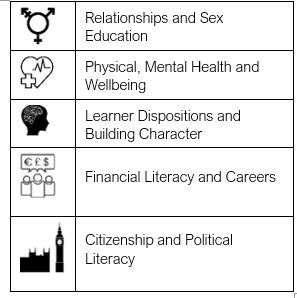
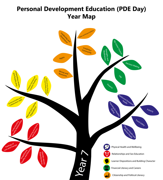 |
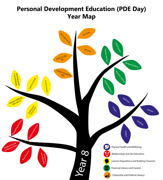 |
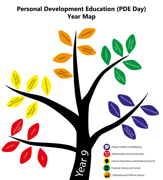 |
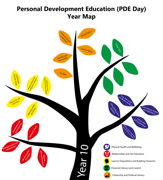 |
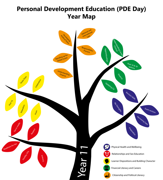 |
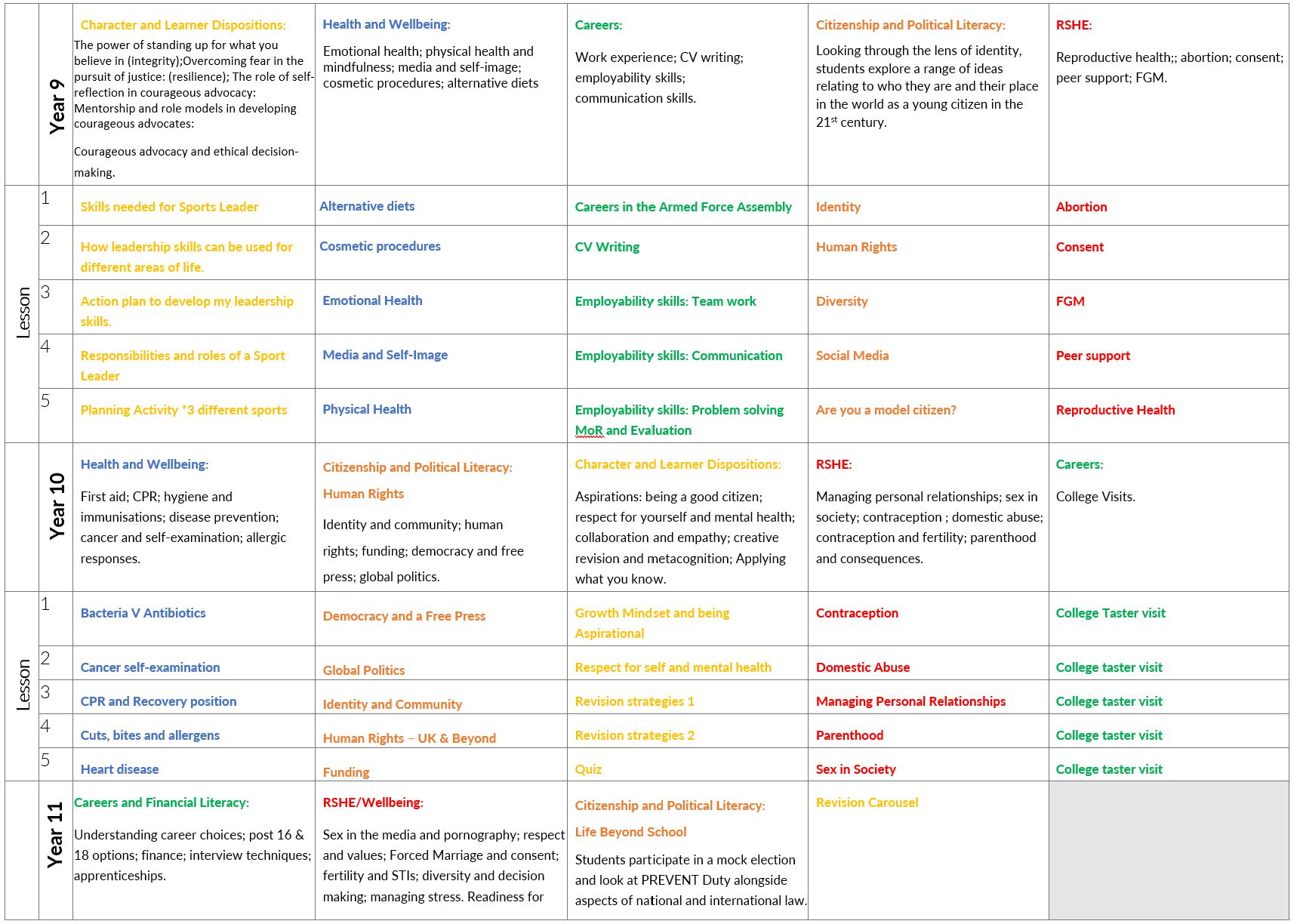
Please read more about our PDE days, how it is implemented and subsequent impact on the PSHCE page, in our courses.
Evaluation of PSHCE
The PDE days will also be evaluated by all students with regard to: the crucial knowledge they have gained and how it meets the intentions of PDE days to ‘Develop an understanding of themselves, empathy and the ability to work with others; to form and maintain good relationships; develop the essential skills for future employability and better enjoy and manage their lives as a citizen of today and the future. This Microsoft Forms evaluation will be used by the PDE leads to forward plan and improve any areas for the next PDE days.
The PDE leads will also ensure that they complete a SWOT analysis based on student voice and their team’s experience. This will again help staff to reflect on their pedagogy and practice and prepare for the next planning session.
We also have a Year 11 Student prefect who accompanies the DHT to visit lessons on the PDE day and evaluate the students’ experiences. A focus on the teaching sequence ensures feedback is tailored to the consistent practice seen across the teams. The Student prefect also works with the PDE leads prior to the delivery sharing the team’s plans to ensure they are fit for purpose.
Mapping: Skills and Knowledge
The schemes of learning which are included in this programme are not only mapped to the National Curriculum programmes of study but also to the Every Child Matters Agenda, Our Whole School Learner Dispositions, SIAMs Strands (2,3,4,5) Wisdom, Knowledge and Skills; Character Development- Hope, Aspiration and Courageous Advocacy; Community and Living Well Together; Dignity and Respect. The programme for 24/25 has been developed in conjunction with the Worship programme. In addition, each learning phase will show how the programme helps to develop the students’ numeracy, literacy and ICT. There has been a focus upon both metacognition and vocabulary through CPL in 25/26.
Click here to see:
PSHCE and Worship Mapping 25/26
In addition to our PDE days, Personal Development is mapped alongside Worship. Worship happens in class three mornings a week for Years 7-11 (3x 20 minutes); these sessions are written and delivered by the tutor. Every Friday morning in staff briefing materials are shared with staff for delivery the following week. Also the main hall is used for collective worship and also for any additional assemblies following key issues that might have arisen both locally and nationally.
